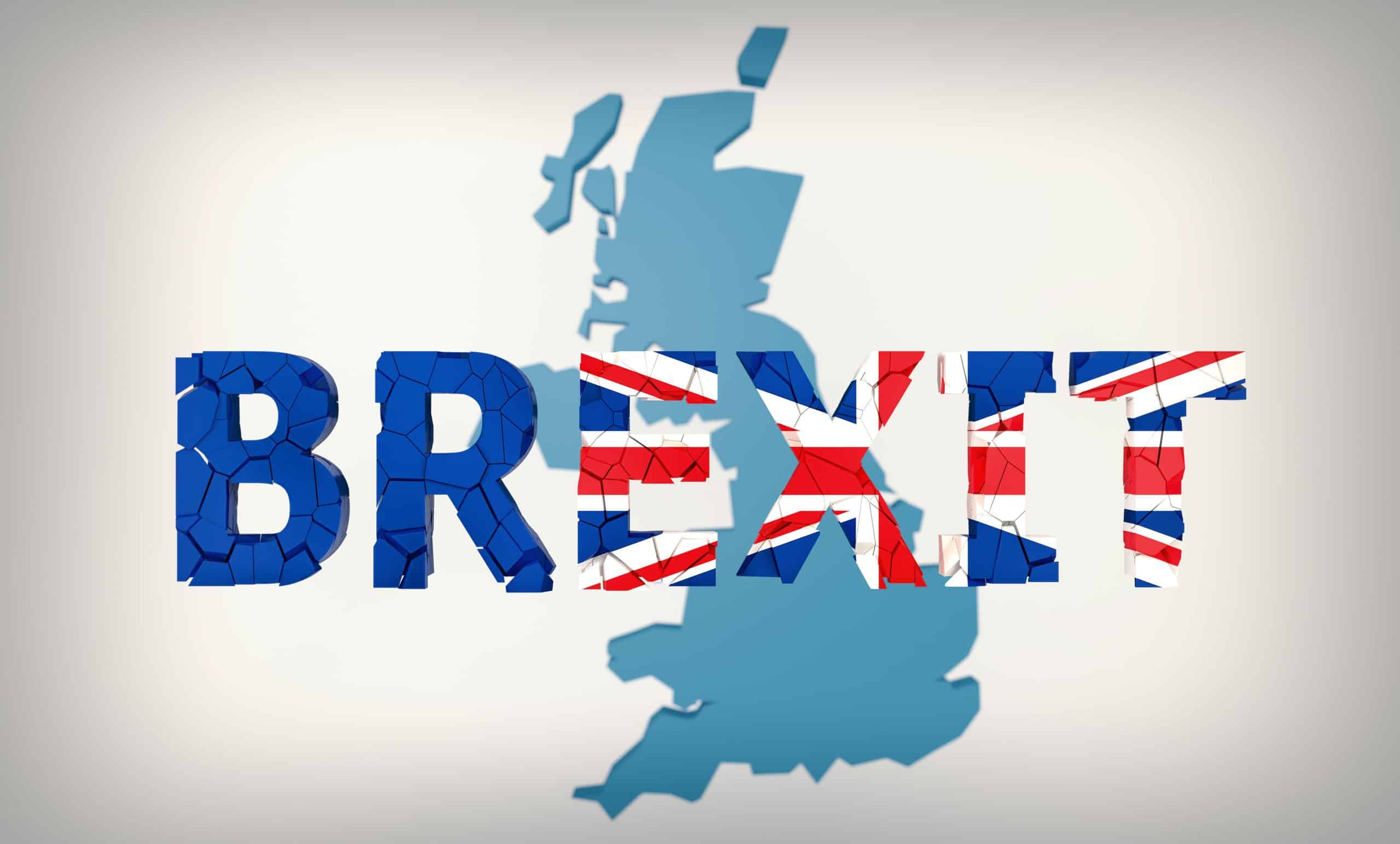What are the legal implications of Brexit on UK businesses with EU suppliers or clients?

The issue of Brexit has had far-reaching consequences, and its effects are still very much felt in various sectors, particularly in the business community. With connections to the European Union (EU) severed, UK businesses that have EU suppliers or clients face a multitude of challenges. From changes in trade regulations to complications in VAT protocols, the legal landscape for these businesses has drastically shifted.
Understanding the New Trade Laws and Customs Rules
With Brexit, the UK has officially left the EU's single market and customs union. This shift has significant implications for businesses involved in the import and export of goods to and from the continent.
A voir aussi : What are the specific legal steps for dissolving a charity in the UK?
Before Brexit, businesses could freely move goods across the EU without worrying about customs checks or duties. Now, however, UK businesses have to navigate complex customs procedures, which could potentially disrupt their supply chains.
Under these new rules, businesses must ensure all goods are correctly declared at borders, both in the UK and EU. They need to provide detailed information about what they're exporting or importing, its value, and where it's from or going.
Sujet a lire : How can UK companies legally handle employee surveillance without violating privacy laws?
Moreover, businesses are now required to pay customs duties on goods coming from the EU unless they're covered by a preferential trade agreement. To apply for these agreements, businesses must prove that their goods meet certain origin rules, which can be quite an arduous process.
The VAT Implications
The relationship between Brexit and VAT (Value Added Tax) regulations is another area of significant change. After Brexit, the UK is considered a third country with respect to VAT rules within the EU. This status change has implications for both goods and services traded between the UK and EU.
In the case of goods, businesses now need to account for import VAT on goods coming from the EU. This means that VAT is to be paid or deferred before the goods can be cleared by customs.
For services, the rules have also changed. Most business-to-business (B2B) services are taxed where the customer is based. Therefore, if a UK business provides a service to an EU client, the client will have to pay VAT in their own EU member state.
Legal Contracts and Dispute Resolution
Brexit has also led to changes in legal contracts and the resolution of commercial disputes. Before Brexit, UK and EU businesses could rely on the principle of mutual recognition, which meant that judgments made in UK courts were enforceable in the EU, and vice versa.
However, this is no longer the case. Businesses now need to consider where and how their disputes will be resolved. They will need to ensure their contracts specify which country's law will apply in case of disputes.
Pre-Brexit, many businesses would have chosen English law for its predictability. However, with the changes, there may be a trend towards choosing the law of EU member states, especially for businesses with a significant EU client base.
Competition Law and Market Access
Brexit has brought changes to competition law as well. Before Brexit, EU competition law directly applied to UK businesses. However, post-Brexit, only UK competition law applies to domestic market activities.
Despite this change, if your business activities have an effect on trade within the EU, EU competition law may still apply. This is particularly relevant for businesses with significant EU operations or sales.
Furthermore, market access has changed. The UK is no longer part of the EU’s single market, which means businesses no longer have automatic access to the EU market. Instead, access depends on the terms of the UK-EU Trade and Cooperation Agreement. This can impact a variety of sectors, from financial services to manufacturing.
In summary, it is clear that Brexit has brought significant changes to the way UK businesses operate, especially those with EU clients or suppliers. From trade laws and customs rules to VAT implications, legal contracts, competition law, and market access - the post-Brexit legal landscape is complex and challenging. As such, it is essential for businesses to stay informed and seek expert advice as they navigate through these changes.
Cross-Border and Intellectual Property Changes
In a post-Brexit world, business activities that cross borders, particularly those involving intellectual property rights, face new and unique challenges. The rules surrounding IP rights and enforcement have undergone significant changes, affecting several sectors from technology to the creative industries.
Before Brexit, businesses in the UK could manage their IP rights across all EU member states using a single application. Now, however, UK businesses must apply for separate rights in the UK and the EU. This applies to trademarks, designs, patents, and copyright.
For instance, EU trademarks or registered community designs no longer provide protection in the UK. Businesses must now apply for UK trademark protection separately. The UK Intellectual Property Office has created a comparable UK trademark for every registered EU trademark, but future applications will need to be made separately in both jurisdictions.
Moreover, businesses need to be mindful of where they disclose their inventions. An unwary business might disclose an invention in the UK, deeming it as prior art and potentially barring the grant of a European Patent.
Brexit has also impacted copyright laws. The UK is no longer part of the EU's Digital Single Market, affecting cross-border portability of online content services and the country of origin principle for copyright clearance in satellite broadcasting.
Data Protection and Real Estate Implications
Data protection is another area that has seen significant changes post Brexit. While the UK's General Data Protection Regulation (GDPR) will continue to apply, data transfers between the UK and EEA have become more complicated. This is due to the UK now being seen as a 'third country' under EU data protection law.
Businesses must ensure there are appropriate safeguards in place when personal data is transferred from the EU to the UK. This can be achieved through standard contractual clauses or binding corporate rules. Also, businesses might need to appoint a representative in the EU if they are offering goods or services to, or monitoring the behavior of, EU data subjects.
Switching gears, Brexit has also impacted the real estate sector. UK-based investors may face different tax implications when investing in EU real estate. Additionally, the freedom of movement changes can also have a potential impact on the demand and supply chain dynamics in the property market.
Conclusion: Navigating the Post-Brexit Landscape
Brexit has undeniably reshaped the UK’s legal landscape, impacting everything from commercial contracts to competition law, intellectual property, data protection and real estate. It has also altered the way UK businesses interact with EU member states, leading to new challenges in dispute resolution, supply chains and market access.
Some of the changes have brought opportunities, but they have also brought uncertainty and complexity. Businesses are still grappling with the full impact Brexit will have on their operations.
The transition period may be over, but the process of adapting to a post-Brexit environment is still ongoing. For UK businesses with links to the EU, it’s vital to stay informed, seek legal advice, and continue to evaluate the impact of these changes on their business models and strategies. Despite the challenges, businesses that approach these changes proactively and strategically are likely to find ways to succeed in this new era.
